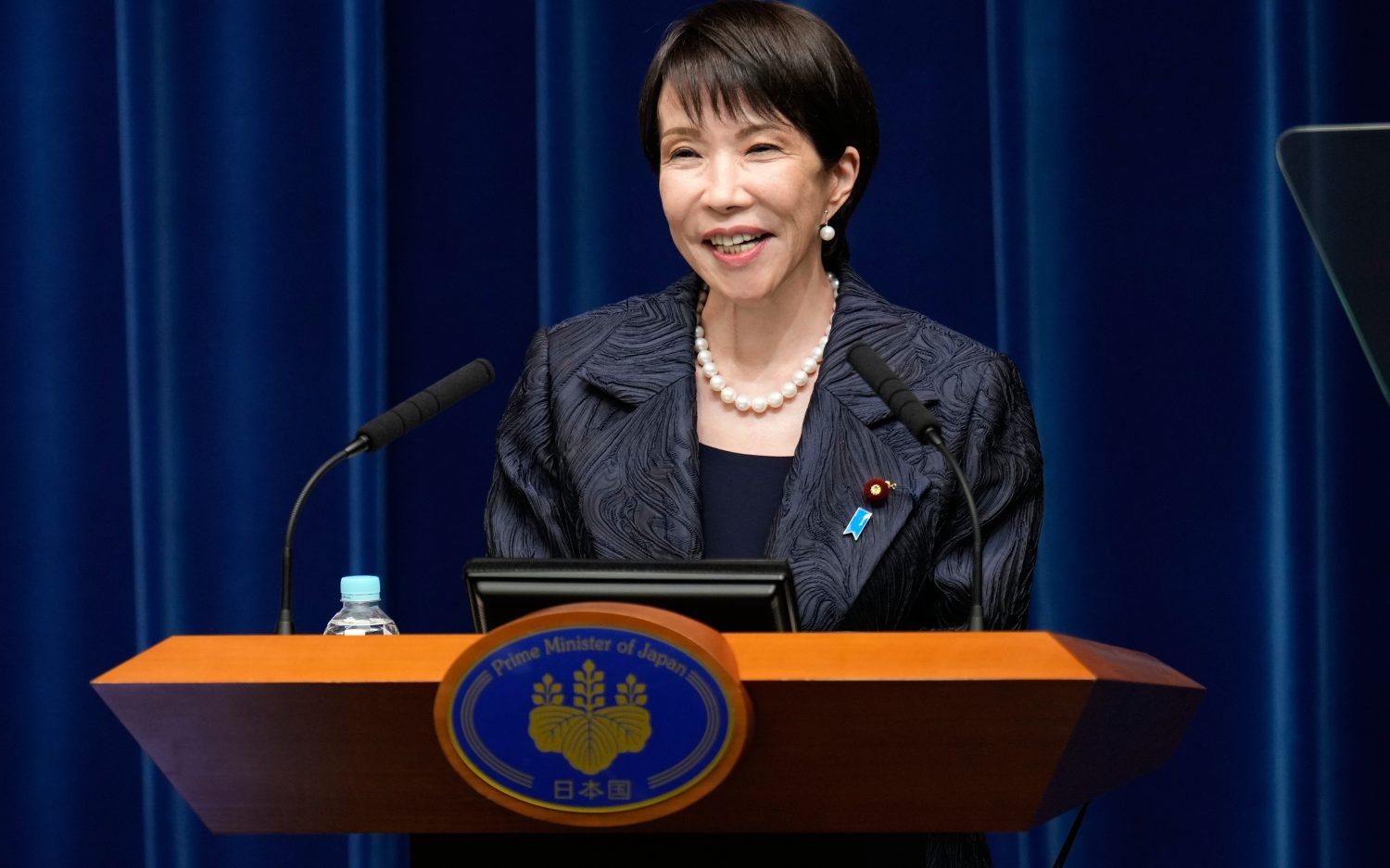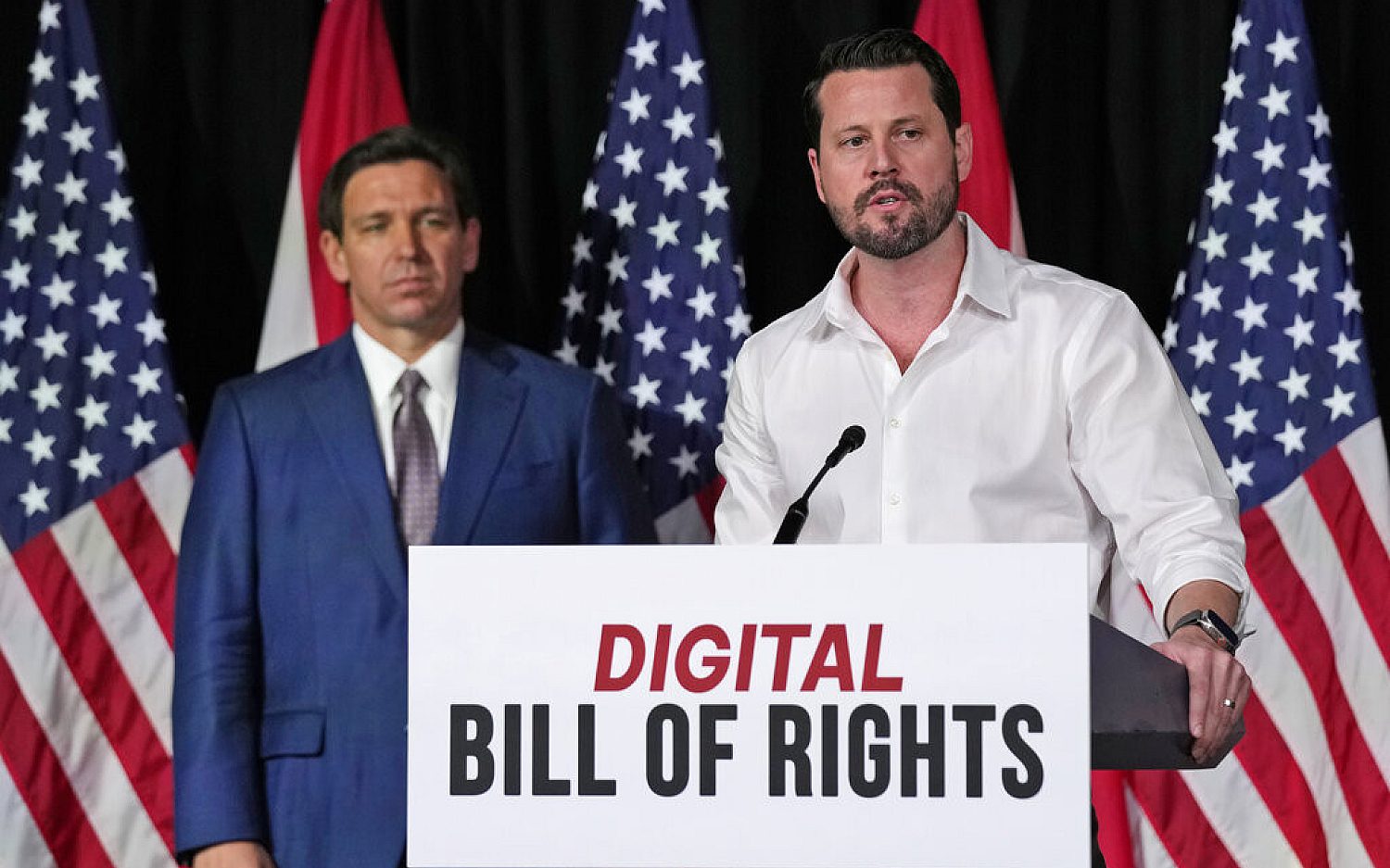Battle for France
A victory for Socialist Francois Hollande on Sunday could reverse EU integration and French foreign relations
UPDATE: Francois Hollande defeated Nicholas Sarkozy 51.62 percent to 48.38 percent in Sunday's election.
PARIS-French voters will filter into polling stations with simplicity and style on Sunday, picking out a wedding-invitation style card that lists the name of their favorite presidential candidate: incumbent centrist Nicholas Sarkozy or Socialist candidate Francois Hollande. Securing the card in an envelope, voters drop it in a large, locked Plexiglas box and collectively seal the fate of France's leadership.
"Hollande will be the next president," said Paul Klimis, a Paris-based vice president of Human Resources at a global engineering firm. For him and other voters, the charismatic Sarkozy made too many blunders during his first term: from giving himself a 140 percent pay raise early on, showing off his expensive luxury watch to journalists, marrying Italian singer Carla Bruni to cussing out citizens who disagreed with him.
"We say he was a 'bling-bling' president," said a political science researcher at SciencePo's Center for Political Research.
Political experts tend to agree that the odds do not look good for Sarkozy, the Gaulist candidate who has galled fellow Frenchman with displays of non-conformity and a lack of general "Frenchness."
Faculty at SciencePo noted that Sarkozy dropped out of their program, which sculpts a majority of France's ruling elite. He didn't attend other fancy graduate programs in Strasbourg that are de rigueur. Some say his French speech is unrefined. Others say he doesn't possess the stately panache of previous French presidents, such as Francois Mitterrand, Jacques Chirac, or Charles de Gaulle.
In the first round of voting in late April, Hollande won 27 percent of the vote, edging out Sarkozy's 26 percent, as right-leaning candidate Marine Le Pen won a startling 20 percent. In Sunday's run-off, involving the top two finishers from April, Hollande and aim to pick up the votes of Le Pen and other candidates who didn't make it to the second round.
If Hollande wins, France could tilt leftward, throw a new wrench into the European financial crisis, and threaten the fabric of the European Union that Sarkozy's France and Angela Merkel's Germany have fought hard to salvage in the past few years.
Hollande has said he will re-open negotiations with the EU on austerity measures in member countries. He said he would question France's current role in NATO, pulling troops back from Afghanistan early. He would also reevaluate France's leading position in nuclear energy, with 70 percent of its electricity coming from its 58 nuclear reactors, while Sarkozy has stood by the current energy policy. Sarkozy said he would balance France's budget by 2016. Hollande has said he would do so after 2018, if at all. While both men want to tax financial transactions, Hollande has gone further with proposals to tax the rich as much as 75 percent for the highest income brackets.
But political observers have learned not to count out Sarkozy, who is sometimes compared to a fox. In 2007, when he won his first term as president, Sarkozy gathered votes from the right-leaning National Front party by echoing their members' message against immigration, moves to limit people wearing the Burqha, and bans on children wearing religious head coverings in schools. Among the defaced posters of Hollande and Sarkozy dotting walls around Paris last weekend, one had a rip over Sarkozy's face in the shape of a crescent half moon. In other words, he is not popular among Muslim immigrants, in particular.
This time around, though, Sarkozy, a member of the Union for a Popular Movement (UMP) party, has less hope for support from the National Front voters, which also oppose shifting power to the EU in Brussels, globalization, and free movement of people within the EU-all causes Sarkozy has supported in his first term. "They felt betrayed by Sarkozy," said a professor at SciencePo.
At the UMP party office in Paris, staffers are hopeful and also worried about Sarkozy's chances. Their party could stand to lose 100 to 150 seats in the federal parliament this year, and the issues of a tougher economy weigh heaviest on their candidate this year.
"Hollande has traveled little. He has held no public office and has never been to China," said Erwan Davoux, a spokesman for the secretary general of the UMP party. "Sarkozy must defend his track record, give a vision of France."
The question is whether the French people share his vision of France.
An actual newsletter worth subscribing to instead of just a collection of links. —Adam
Sign up to receive The Sift email newsletter each weekday morning for the latest headlines from WORLD’s breaking news team.




Please wait while we load the latest comments...
Comments
Please register, subscribe, or log in to comment on this article.